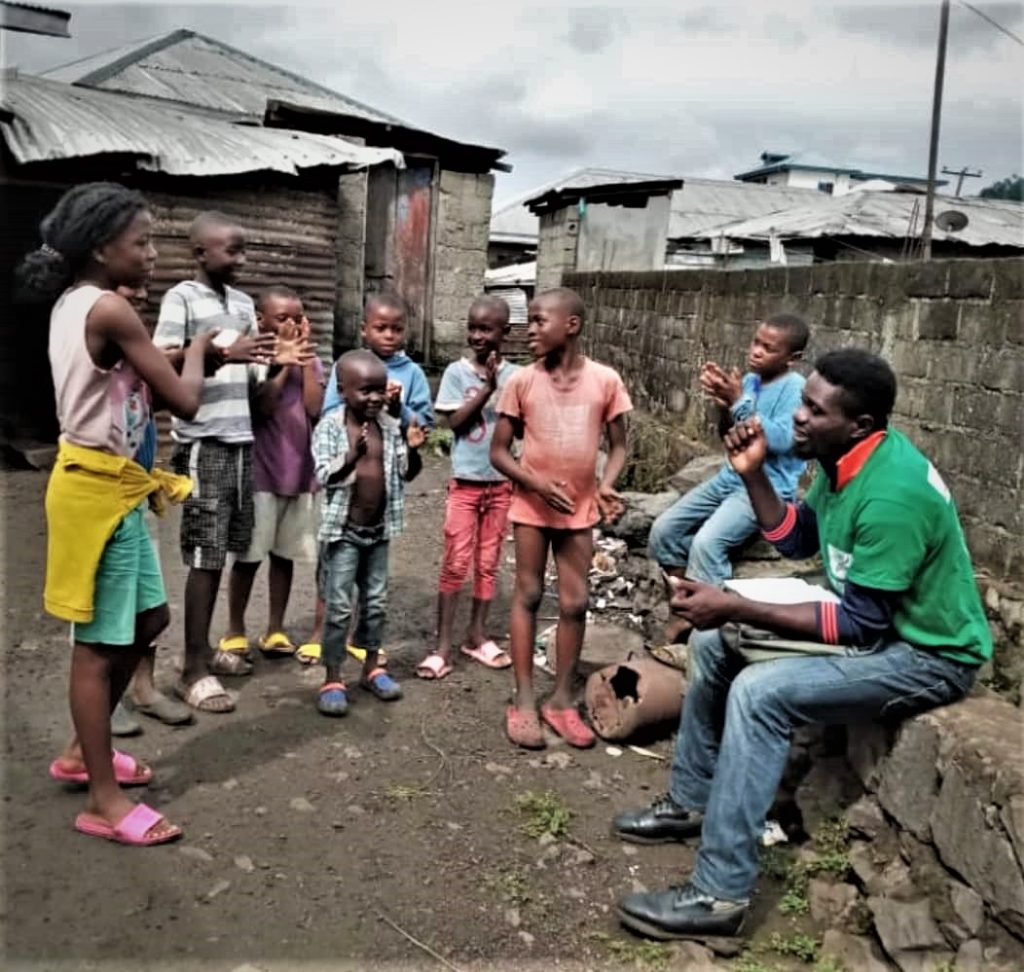
Environmental Peacebuilding
WhERE WE BEGAN AND WHERE WE ARE HEADING TO
The Environmental Peacebuilding began in 2012 as Peace and Community Service program when EPDA got an invitation from the Play Soccer Nonprofit International (PSNI), USA to organize its first Global Peace Games for Children and Youth. Since then the celebration of World Peace Day (September 21) became an annual event in EPDA’s calendar of activities. We progressed over the years from mere celebration to school-based peace education called Youth Action for the Promotion of Peace (YAPP) with components comprising of peace tailored lessons in schools, peace youth camp, and the celebration of the Internal Day of Peace.
EPDA is conscious of the fact that the availability of natural resources can be one of the many reasons for which conflict generate in many communities. As a result environmental peacebuilding not only integrates natural resource management in conflict prevention, mitigation, resolution, and recovery in order to build resilience in communities that are affected by conflict but also builds a culture of peace especially among youth in the respect of rights and equal benefits to common resources.
In developing countries where many people depends substantially on natural resources for subsistence agriculture and livelihoods, most conflicts are bound to occur due to interest-based tendencies. Usually the poor (especially women and youth) are less privileged to access these resources while the rich and the most powerful acquire all the available opportunities to access the resources. Some violate all sovereign and international laws that provide equitable sharing.
Consequently natural resources are often intertwined with the conflict narrative, with grievances over natural resources and their revenues contributing to the onset of conflict, revenues from natural resources financing conflict, and combatants targeting natural resources and the environment. Therefore peace following resource-related conflicts is fragile: communities and countries with natural resource-rich ecosystems often will be faced with conflicts should peacebuilding not take precedent and mainstreamed into sustainable management of natural resources with equitable sharing of benefits.
Natural resources are one of a country’s most critical assets for peacebuilding. Land, forests, minerals, oil, water, and other resources are the foundations for rebuilding livelihoods and national economies. They provide jobs to many especially for reintegrating former combatants. And efforts to address corruption and improve governance often focus on natural resources and their revenues. Environmental peacebuilding incorporates natural resource management into peacebuilding activities and strategies to support security, humanitarian, and development objectives.
THE ROLE OF YOUTH IN SOCIAL CHANGE
We focus on many target groups but more attention is given to the youth in this program in order to illustrate the importance/role of youth in shaping societies. We think that youth of our world are witnesses to the crests and troughs of change happening in the environmental landscape. This makes youth really imperative to any positive local, national or global impact that is to be made and more importantly that is to sustain. From the local and global standpoints, we cannot deny that our societies and futures are in the hands of the youth and who definitely are going to be the ones to carry forward and shape humanity and the environment. Peace therefore becomes central as we think that no development shall be sustainable without peace or better put in the presence of conflicts. The UN being the mother of peace has described the youth as active agents of change and acknowledged that the youth are often at the forefront of dealing with some of life’s most controversial issues. Working with the youth to build their capacities on environmental leadership, peacebuilding, and entrepreneurship is very relevant and empirical.
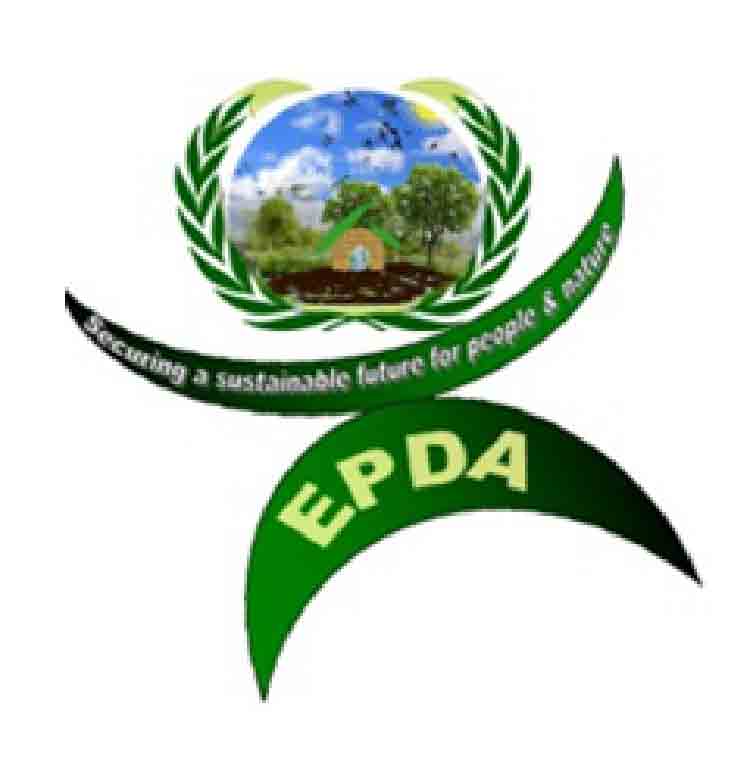
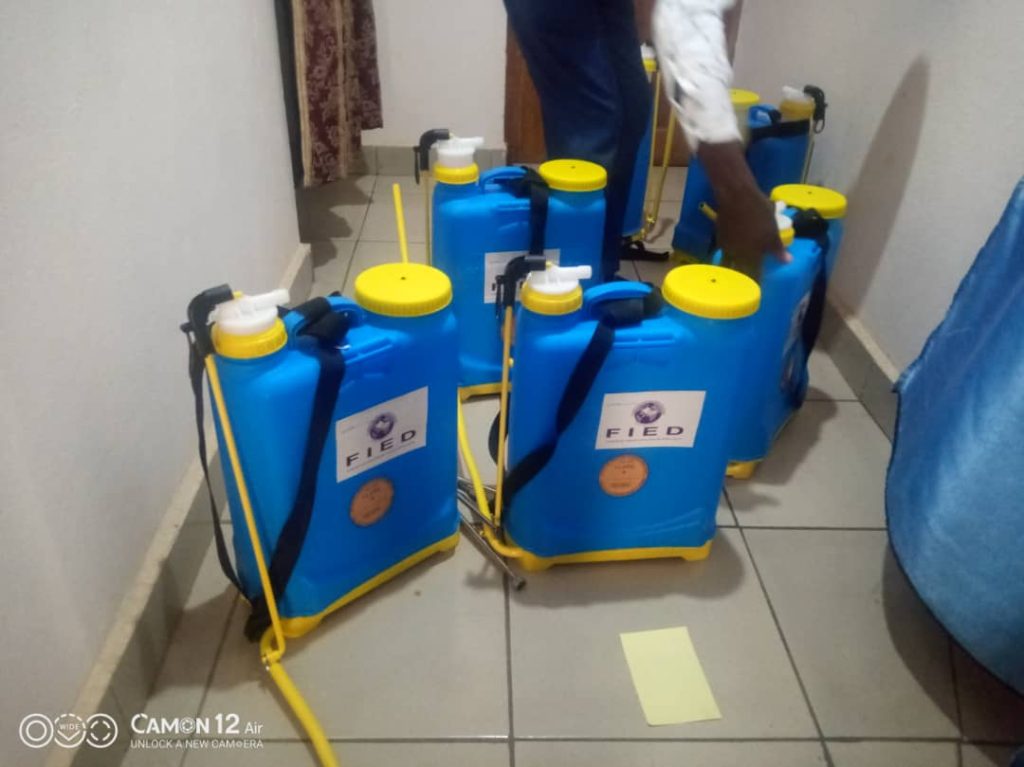
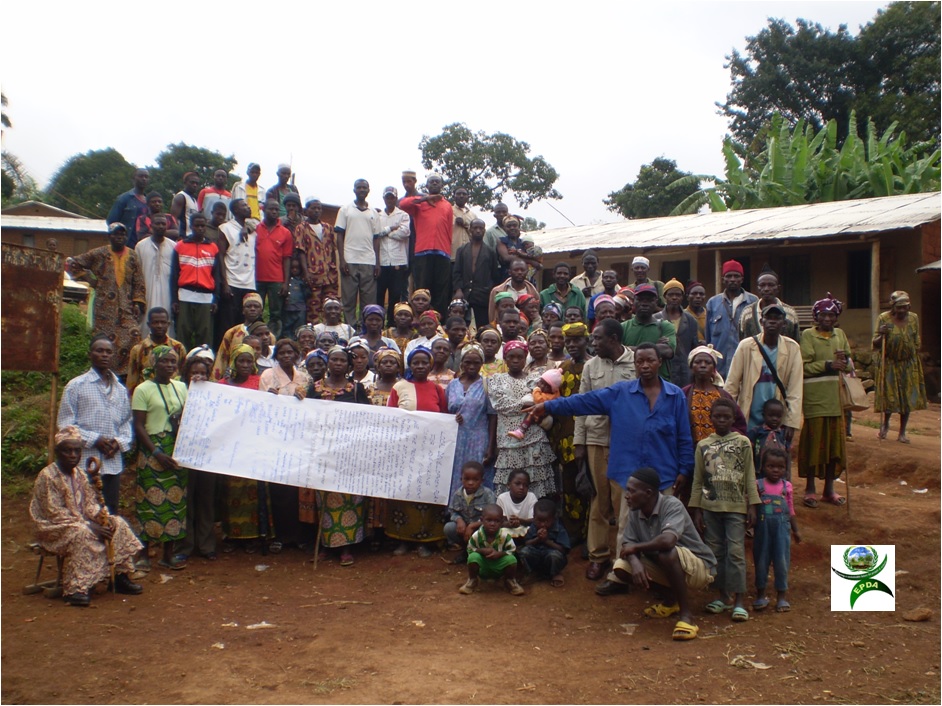
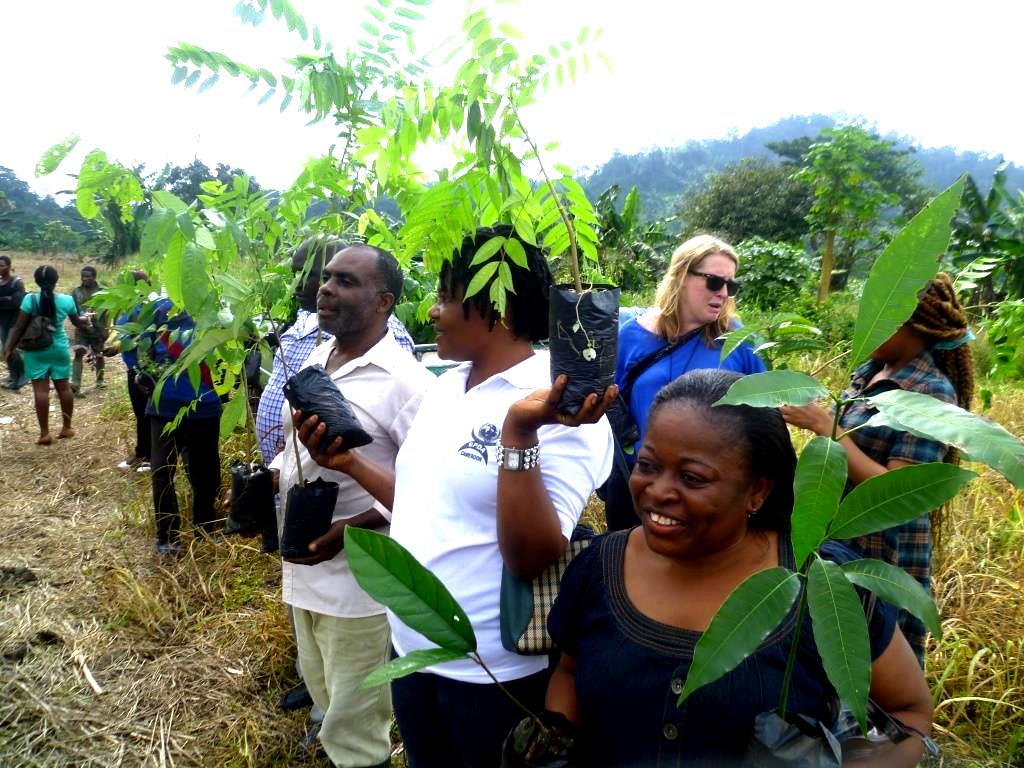
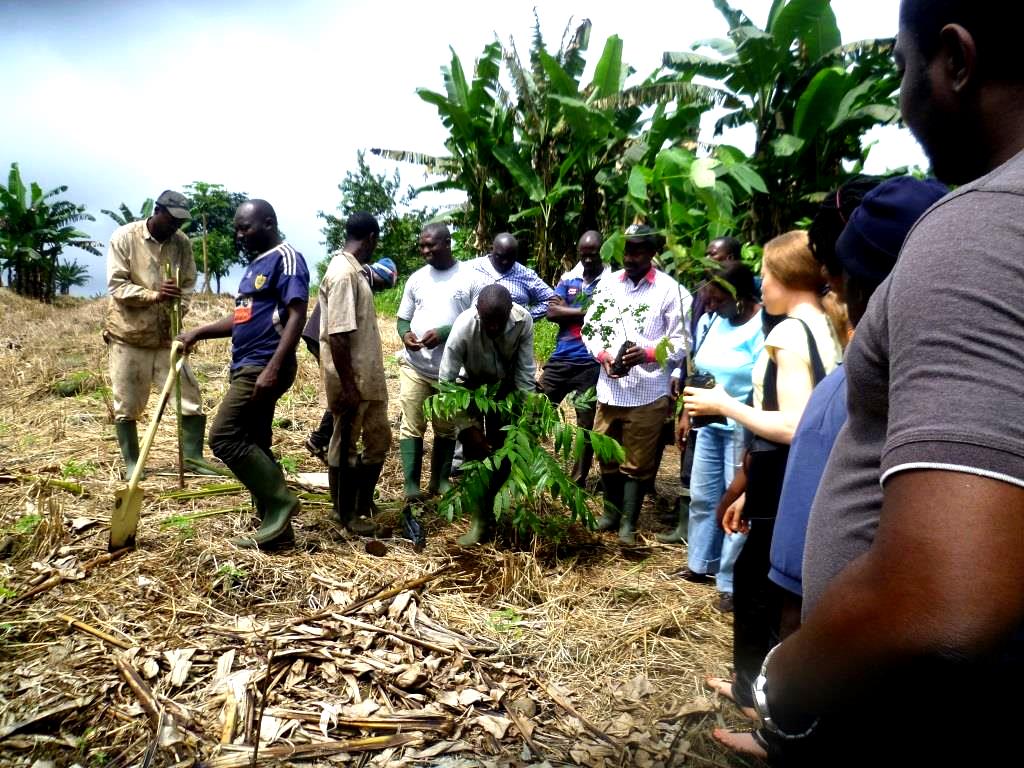
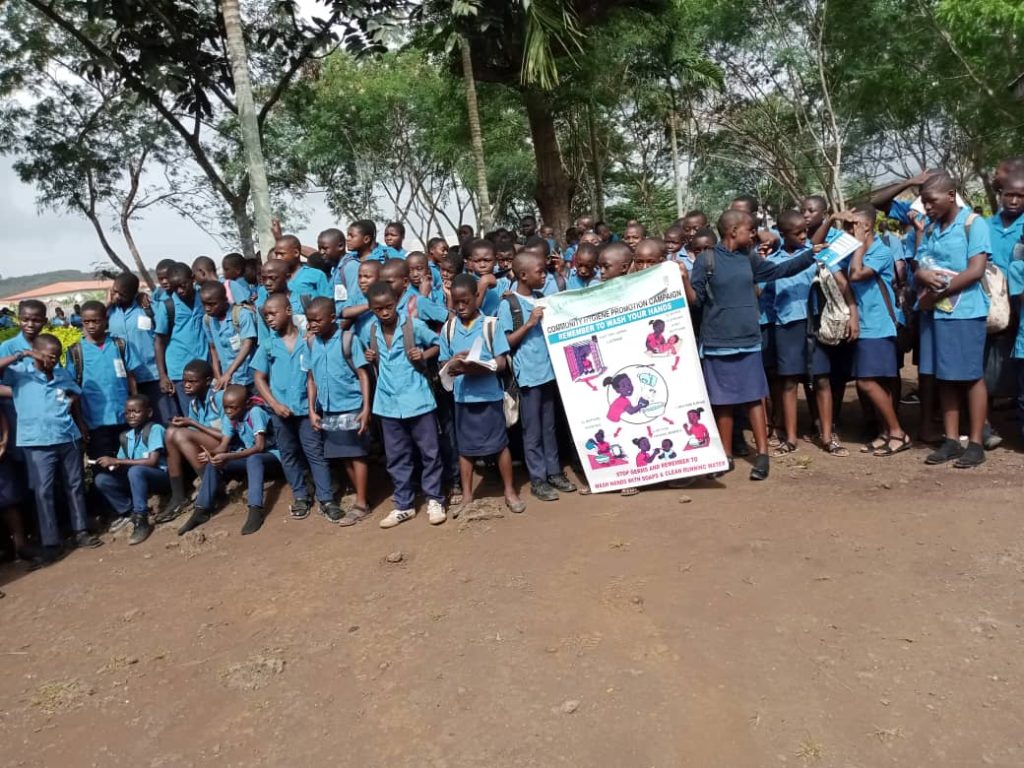


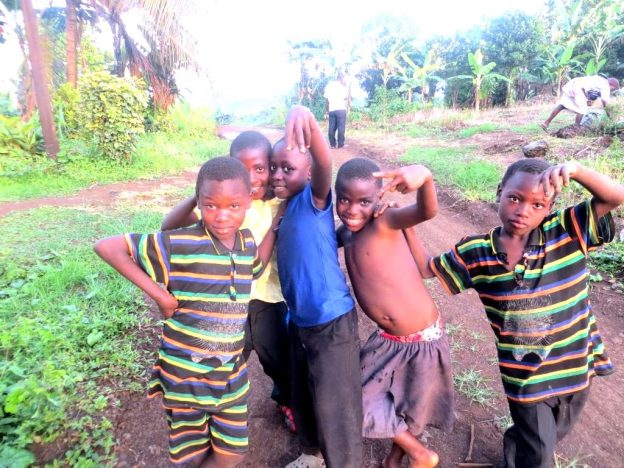
Responses